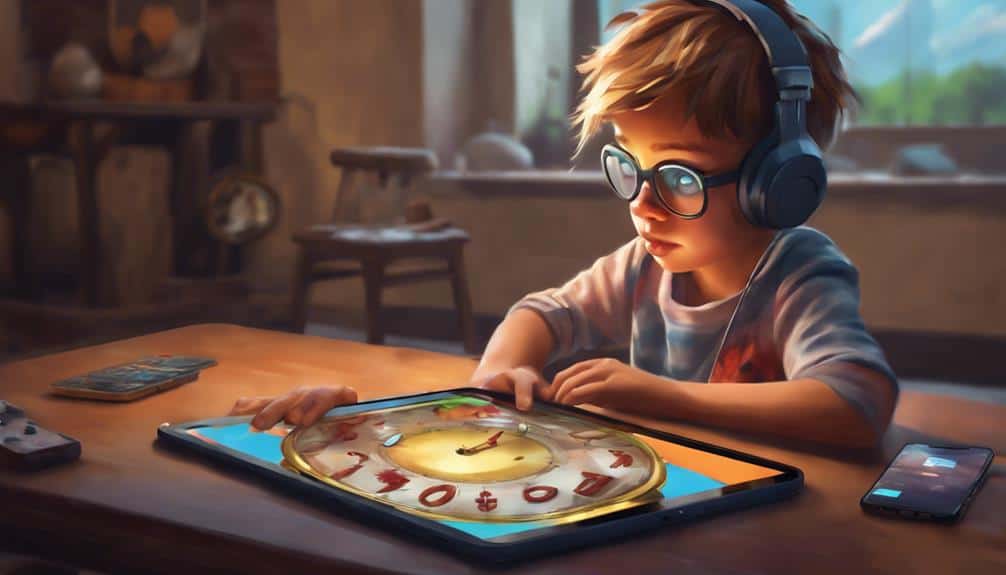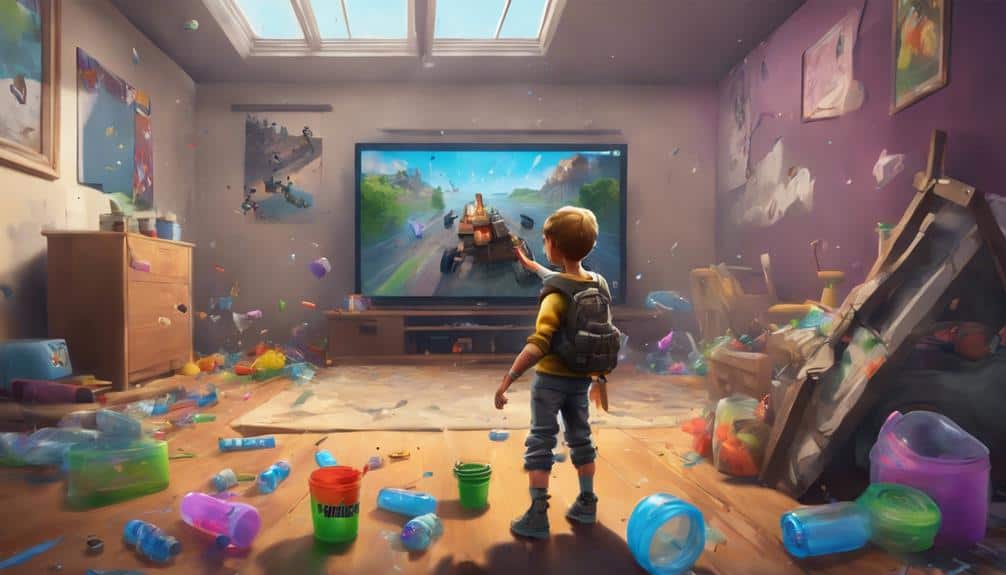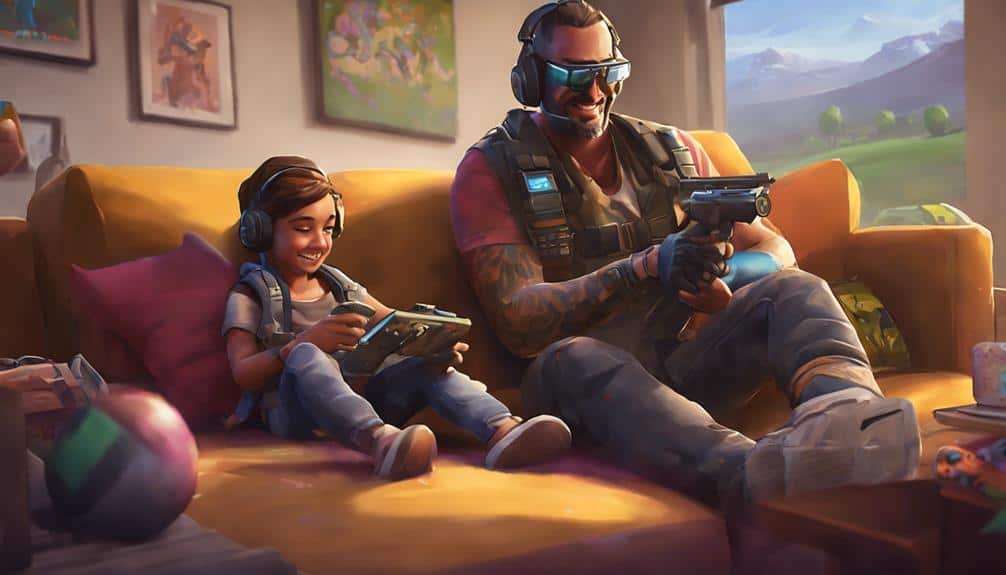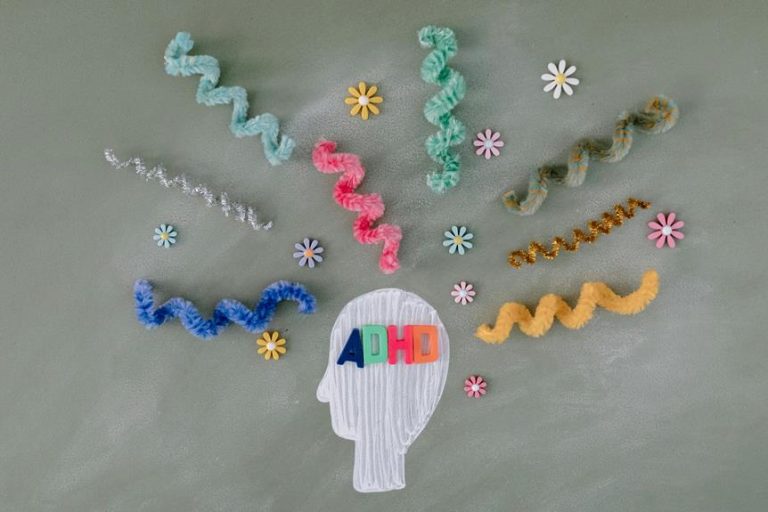Fortnite and Adhd
As someone who has witnessed the engaging allure of Fortnite on individuals with ADHD, one cannot help but ponder the intricate relationship between the game and the condition.
The way Fortnite's dynamic environment and constant stimuli seem to captivate attention is both fascinating and concerning. Could this digital world be a double-edged sword for those with ADHD, offering engagement but potentially exacerbating impulsivity?
Exploring how Fortnite impacts individuals with ADHD goes beyond mere gameplay analysis; it delves into the domain of cognitive functioning and behavioral management, raising questions that warrant further investigation.
Key Takeaways
- Fortnite harnesses ADHD strengths like quick decision-making and social interaction.
- Setting clear screen time limits and balanced activities is crucial for ADHD management.
- Structured routines, time limits, and breaks help prevent Fortnite addiction in ADHD kids.
- Fortnite enhances social skills, cognitive development, and problem-solving abilities in children with ADHD.
Potential Benefits of Fortnite for ADHD

For individuals with ADHD, Fortnite offers a unique platform that harnesses their strengths in exploration, quick decision-making, and social interaction. The fast-paced and risky gameplay of Fortnite appeals to kids with ADHD, who often excel in activities that involve risk-taking. The survival challenge and constant dangers in the game engage ADHD individuals, promoting alertness and enhancing their quick decision-making skills.
Additionally, the building aspects and strategic gameplay of Fortnite mirror the challenges faced by kids with ADHD, thereby improving their problem-solving abilities. Team play in Fortnite fosters collaboration and social interaction, providing children with ADHD an opportunity to develop teamwork skills in a virtual environment.
Besides, the weekly updates and improvements in Fortnite keep players engaged and interested, offering a stimulating experience for kids with ADHD. Overall, Fortnite can have various benefits for individuals with ADHD, helping them enhance their risk-taking, problem-solving, and social interaction skills in an engaging and dynamic setting.
Managing Screen Time and Fortnite

Setting clear limits on screen time is critical for children with ADHD playing Fortnite.
By designating specific gaming times and areas, we can effectively manage screen time and prevent distractions.
Monitoring impulsive behaviors and ensuring smooth switchovers from gaming to other activities are essential steps in creating a balanced routine.
Setting Time Limits
To effectively manage screen time and Fortnite for children with ADHD, it's important to establish clear time limits on gameplay sessions. Kids with ADHD can benefit from structured routines, including specific schedules for playing Fortnite to regulate screen time.
By setting time limits on gaming sessions, parents can help maintain a balance between screen time and other activities, preventing excessive gameplay and hyperfocus. Enforcing these time restrictions is essential in developing healthy screen time habits for children with ADHD.
Limiting the duration of Fortnite sessions not only prevents overindulgence in the game but also encourages engagement in a variety of activities, promoting overall well-being for kids with ADHD. Balancing screen time with other pursuits is key to managing ADHD symptoms effectively.
Balancing Activities
Finding a healthy balance between screen time, including Fortnite gameplay, and other activities is essential for children with ADHD to support their overall well-being and manage symptoms effectively.
Setting clear limits on video game and screen time, while also designating specific media-free zones and times in the house, can help promote a balanced lifestyle. It's vital to monitor and supervise gaming activities, ensuring that they don't overshadow other important aspects of a child's routine.
By incorporating outdoor activities and diverse interests alongside gaming, parents can encourage a well-rounded approach to managing screen time. Using gaming as a reward for completing tasks like chores or homework can also incentivize responsible screen time management.
Ultimately, fostering a healthy balance between digital and real-world activities is key to supporting children with ADHD in maintaining a well-balanced lifestyle.
Fortnite Addiction and ADHD

In managing Fortnite addiction among individuals with ADHD, setting clear boundaries and providing consistent supervision are essential steps to promote healthy gaming habits. Children with ADHD are often attracted to the routine, repetition, and fast-paced gameplay that video games like Fortnite offer. The exploration, risk-taking, and information sharing aspects of Fortnite's survival challenge can be particularly appealing to individuals with ADHD. However, this attraction can sometimes lead to hyperfocus, requiring parents and caregivers to establish rules and limits on screen time to prevent excessive play.
For children with ADHD, the immersive nature of Fortnite can trigger impulsive tendencies, making supervision and monitoring critical. By implementing structured routines and incorporating breaks for physical activity or other interests, caregivers can help individuals with ADHD maintain a healthy balance between gaming and other activities. It's important to provide support and guidance to make sure that Fortnite remains a positive and enjoyable experience while preventing it from becoming addictive or detrimental to overall well-being.
Social Skills Development in Fortnite

As we explore the domain of social skills development in Fortnite, it's important to highlight the significance of teamwork, communication strategies, and conflict resolution skills.
Within the game, players engage in collaborative efforts, communicate effectively to achieve common goals, and learn to resolve conflicts constructively.
These aspects not only enhance the gaming experience but also contribute to the development of valuable social skills that can be applicable beyond the virtual world.
Teamwork in Fortnite
Engaging in teamwork within Fortnite not only enhances gameplay but also cultivates valuable social skills for players. In this video game, collaborating in duos or squads requires effective communication, coordination, and strategizing to achieve common goals.
Through in-game communication, players can interact with peers, improving their teamwork and communication skills. However, it's important to exercise caution when engaging with strangers online to guarantee a safe and positive social experience.
Parents can utilize parental controls to manage in-game communication settings, promoting secure interactions among players. By participating in Fortnite's teamwork dynamics, players have the opportunity to develop essential social skills that can benefit them both in and out of the gaming world.
Communication Strategies
Shifting from the significance of teamwork in Fortnite, mastering effective communication strategies is key to developing important social skills within the game environment.
In a video game like Fortnite, communication plays a crucial role in promoting social skills and peer interaction. Players can enhance their ability to strategize, collaborate, and connect with others, fostering teamwork and mutual understanding.
Utilizing parental controls can help manage communication settings, ensuring a safe online environment for interactions. While Fortnite provides a platform for social engagement and skill development, it's important to exercise caution when communicating with strangers to maintain positive experiences.
Conflict Resolution Skills
Developing conflict resolution skills in Fortnite involves strategizing, communicating, and collaborating with teammates during gameplay. In Fortnite, players have the opportunity to practice active listening, problem-solving, and teamwork as they navigate conflicts and work towards shared objectives.
The game's fast-paced environment teaches players to make quick decisions, manage disagreements, and adapt to ever-changing situations. By utilizing in-game communication features, players can enhance their social skills by learning to compromise and coordinate strategies effectively.
Fortnite encourages players to engage in constructive interactions with both teammates and opponents, fostering a sense of cooperation and mutual understanding. Through practicing conflict resolution in Fortnite, players can develop valuable skills that extend beyond the game and into real-life situations.
Cognitive Skills Enhancement Through Fortnite

Fortnite serves as a platform that actively enhances cognitive skills such as strategic thinking, quick decision-making, and alertness. Engaging in this video game requires players to strategize, adapt to evolving scenarios, and make split-second decisions, thereby honing their executive functioning abilities.
Collaborating with teammates in Fortnite fosters teamwork, communication, and problem-solving skills, essential for success both in-game and in real-life situations. By participating in Fortnite, players can practice important skills like risk assessment, prioritization, and rapid response within a dynamic and competitive environment.
The game offers a unique opportunity for kids to develop cognitive skills that are important for tackling daily challenges effectively. Through the challenges presented in Fortnite, individuals can enhance their cognitive abilities in a fun and engaging manner, preparing them to navigate various cognitive demands beyond the scope of the game.
Risks of Fortnite for Children With ADHD

As we consider the impact of Fortnite on children with ADHD, it's crucial to recognize the potential risks associated with the game. Children with ADHD may find themselves hyperfocusing on Fortnite, making it challenging to switch to other activities and establish clear screen time limits. Additionally, kids with ADHD may struggle with impulsive behaviors such as excessive playtime and in-app purchases while engaging with Fortnite, requiring supervision and monitoring to guarantee healthy gameplay habits.
Fortnite's fast-paced and risk-filled gameplay can be particularly appealing to children with ADHD due to its constant challenges and building elements. However, this attraction can also lead to difficulties in managing screen time and impulsive tendencies. Parents should be vigilant in monitoring unauthorized access to Fortnite, especially in environments like school or friends' houses, to prevent excessive gameplay and potential negative effects on their child's behavior and well-being. By understanding these risks and implementing appropriate strategies, parents can help children with ADHD benefit from the game's engaging features while mitigating potential drawbacks.
Parental Guidance and Fortnite Usage

Establishing clear rules and limits on screen time is essential for parents of children with ADHD who engage with Fortnite to prevent excessive play and monitor impulsive behaviors effectively. As a parent, finding your way through the world of video games can be challenging, especially when your child has ADHD.
Here are some key tips to help guide you through managing your child's Fortnite usage:
- Set Clear Boundaries: Establish specific time limits for playing Fortnite to prevent excessive screen time.
- Monitor Behavior: Keep an eye on impulsive behaviors such as excessive in-app purchases or difficulty moving to other activities.
- Communicate Expectations: Have open conversations with your child about screen time rules and expectations.
- Be Aware of Surroundings: Stay vigilant about where and when your child accesses Fortnite, especially to prevent unauthorized play.
- Use Parental Controls: Implement parental controls to manage communication settings and guarantee a safe gaming environment for your child with ADHD.
Frequently Asked Questions
Is Gaming Good for Adhd?
Gaming can provide cognitive benefits, improve focus, and enhance social interaction. Setting screen time limits is essential. Skill development through gaming therapy can be beneficial. Mindfulness practice aids in dopamine regulation, supporting individuals with ADHD.
Does Fortnite Affect Behavior?
Screen time impacts behavior by influencing attention span, impulsivity control, and social interaction. Managing dopamine release through self-regulation is vital. Hyperfocus challenges may arise, affecting executive function. Setting limits and promoting balance is key.
Why Is My Child Obsessed With Fortnite?
I understand your concern about your child's Fortnite obsession. Sometimes, kids get fixated on activities that offer excitement and challenges, and setting boundaries, teaching coping mechanisms, and encouraging balance can help manage this passion.
What It Feels Like to Be a Mom With Adhd?
Being a mom with ADHD involves daily struggles with overwhelmed chaos, constant distractions, and endless energy. Managing time, impulse control, and parenting challenges can be tough. Mindful parenting, support, and self-care are essential.
Conclusion
In summary, managing Fortnite and ADHD is like riding a rollercoaster – thrilling, but with its ups and downs.
By setting clear boundaries, monitoring screen time, and promoting social and cognitive skills development, parents can help their children with ADHD enjoy the game in a balanced way.
Remember, just like any adventure, proper guidance and communication are key to make sure a safe and enjoyable ride.







